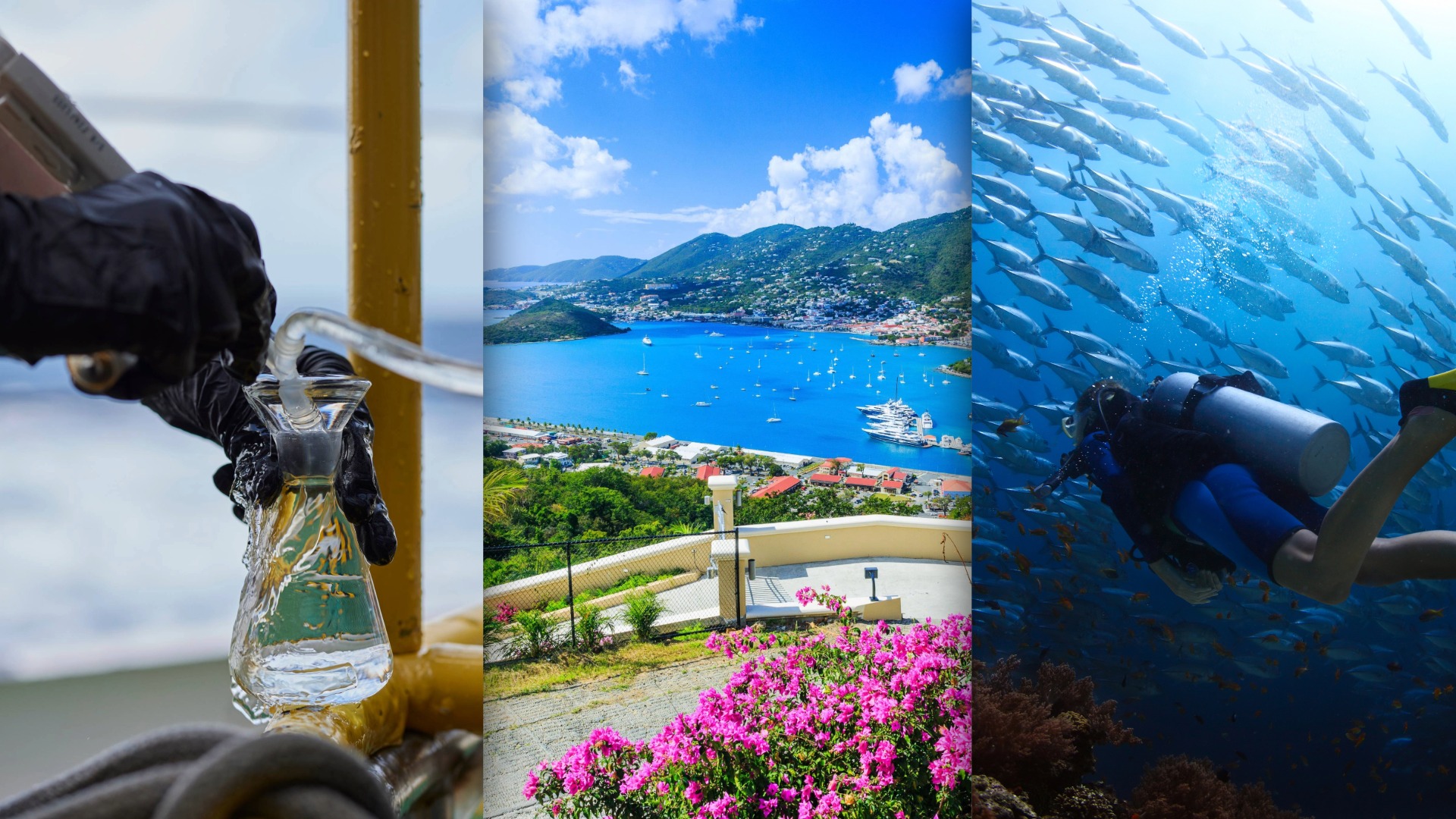Welcome back to The Co-Lab Brief. For this edition, we are excited to launch the first Co-Lab Report that examines the challenges and opportunities for institutions of island nations and their role in their communities. While focused on island nations, many of the findings apply to universities around the world aspiring to play a deeper role in societal transformation and the economic impact of their cities, states and countries.
If you missed Volume 3 on higher education leadership, you can read and respond to the edition here.
The Co-Lab Brief is intended to be a dialogue, which means we want to hear from you on what you think about the topics we’re exploring. You can also share trends, insights and other experiences that will be featured in upcoming editions by visiting our site.
For this edition, we are exploring the following question:
How can institutions anchor themselves as indispensable partners in shaping the future of their communities?
At the University Design Institute, we believe that universities are at their best when they are powerful engines of social transformation and economic impact. Institutions are major employers for their communities, as well as the largest knowledge center for a particular region. They serve as community conveners, cultural preservers, and sometimes include locations for healthcare access, not to exclude that these universities represent a major local resource for education and training.
All of these are critical touchpoints to the prosperity and vitality of their communities, but it’s in the “how” a university approaches these challenges that turn them into powerful engines. Universities located in island states and nations play an outsized responsibility because of the way they are anchored in these roles, and typically are the only institution and convening center of its kind in the region.
There is immense opportunity for island universities to positively generate impact in the social, economic, and cultural health of their communities. This starts with relevant educational offerings such as innovation and entrepreneurship, and community programs. It requires the institution and its leadership (including faculty and staff) to serve as trusted partners to develop solutions that harness local contexts and prioritize collaboration within island regions and with partners around the globe.
Co-Lab Report
This summer, UDI partnered with the University of the Virgin Islands and its leadership team to advance the institution’s strategic vision. This partnership included a two-day convening in Washington, D.C., attended by UDI and UVI leadership, as well as experts from ASU, the World Bank, government agencies, other island nations, and community, health, and tourism councils. Through that convening, The Co-Lab@UDI has produced a comprehensive report, examining the relationship and opportunities available for universities and island nations to advance their collective societies and economies in new and innovative ways. In this report, we focus on four critical areas relevant to island nations and their communities: economic diversification, blue economy, energy, and health outcomes.

